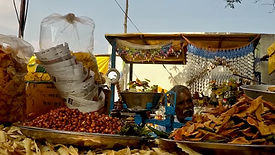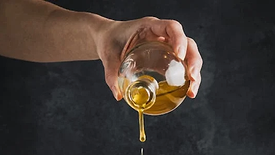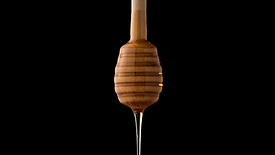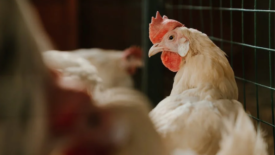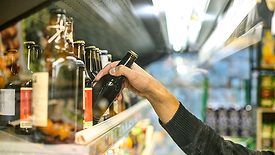Home » Adulteration
Articles Tagged with ''Adulteration''
Where Old Law Meets the New Era of Smarter Food Safety
How to make sense of the legal definition of "adulteration" in the age of smarter food safety and whole genome sequencing
July 29, 2022
Never miss the latest news and trends driving the food safety industry
eNewsletter | Website | eMagazine
JOIN TODAY!Copyright ©2024. All Rights Reserved BNP Media.
Design, CMS, Hosting & Web Development :: ePublishing

